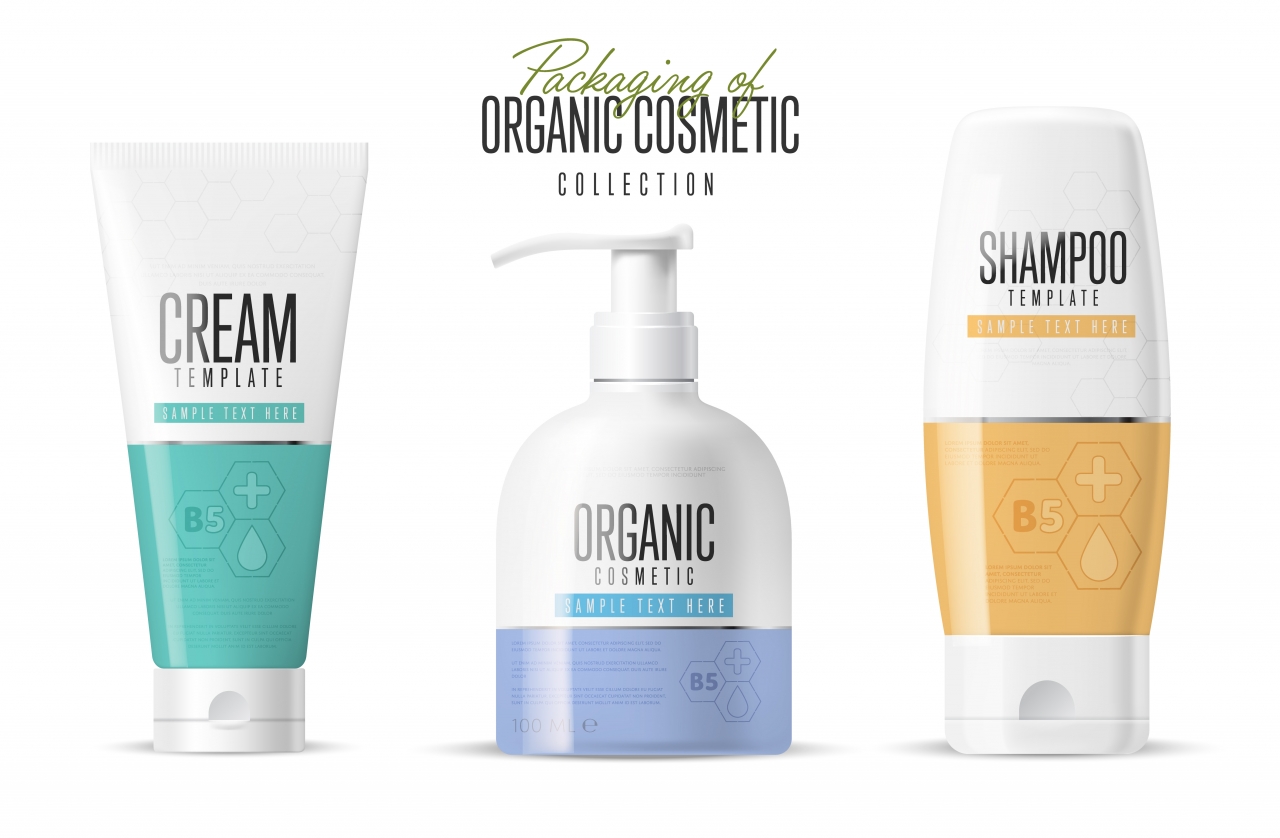THE LIMITS OF MARKETING
- Read original article here

This was the kind of political week that drives campaign marketers crazy. If you were working on the Trump or Biden campaign, what would you be doing? The first thing I would do is tell my client this: Marketing isn't magic. You have to be realistic about the power of marketing. There are some things that marketing can't do. This week we saw: 1. A disgraceful presidential "debate" 2. The president hospitalized with coronavirus 3. The first act in a dreadful drama that is likely to involve the spread of the coronavirus throughout the highest levels of government. How will the campaigns react? I expect the Democrats to take their foot off the gas, because that's what Democrats do. I expect the Republicans to put pedal to the metal, because that's what they do. None of this may matter. There is one potential factor that will make all campaign marketing efforts moot. It is number three above. Even if the president recovers quickly and fully from the disease, there is the potential for a full scale outbreak of coronavirus, and even deaths, among some of the highest executive, legislative and administrative leaders in the country. This would expose the administration's greatest weakest -- their confused and irresponsible policy to the coronavirus crisis. It would also render the hundreds of millions of dollars spent on political advertising this year pointless. Among its least important side-effects, the COVID-19 experience has been a real pain in the ass for advertising blogweasels. Usually the advertising business is an endless source of idiotic nonsense and venality that can be exploited for delightful material. But not lately. Ad news these days is mostly just depressing stories about layoffs and idiotic fortune telling about life after COVID. Pressed for material, I am forced to re-purpose stuff (that's fancy talk for plagiarizing myself.) Here's a piece I wrote and published last week. In my book Advertising For Skeptics I suggested that one of the reasons our industry is not taken as seriously as it might be is that we are lacking in enduring principles. Medicine has the germ theory of disease; geology has plate tectonics; biology has natural selection. What are our foundational principles? If there are any, I'm not aware of them. Mostly, the marketing and advertising industries seem to steer clear of principles in favor of bouncing around from fixation to fixation.* To be fair, it is more difficult to develop abiding principles in social sciences like ours than in “hard” sciences. It’s simply not acceptable or possible to do certain types of experiments on people. On the other hand, we ought to have at least a few things we can all agree on. The essence of a principle is simplicity, universality, and specificity. It must be clear, broad enough to be comprehensive, yet specific enough to help us make everyday decisions. I've decided to try my hand at fashioning some basic principles of brand marketing. I am not going to argue for, or explain any of these principles. You may accept or reject them. Rather than force feed you the rationale for each of them, I am hoping you will take some time to think about them. While individually some of these principles may be re-statements of the thoughts of others, as a whole I think they are substantially different from anything you’re likely to find in a marketing or advertising textbook. You might think this an extraordinarily arrogant approach for someone who’s never even taken a course in marketing or advertising, and has written more books on the subjects than he’s read. And you’re probably right. Nonetheless, trouble is my business -- so here we go. 1. Everything about brand marketing is contingent. There is no black and white, no ‘always’ or ‘never.’ There are only likelihoods and probabilities. 2. “All the money in the world spent on feelin’ good." **People buy things they believe will make them feel good. Whether they are buying soda, a dress, a cell phone, a car, or a house there is an unconscious calculation: Which of these options will make me feel best per dollar? 3. The most fundamental objective of brand marketing is to achieve fame. Fame is an unequaled business advantage. 4. Advertising is the most expensive, but most reliable way to achieve fame. There are many ways to achieve fame. Advertising is the only one you can buy your way into. 5. Successful brands have elements of singularity. There are novel characteristics of all successful brands that are immediately recognizable. 6. It is more important to create brand preference than brand love. Most of the people who buy a product do not “love” it and never will. Spend your time and money accordingly. 7. It is wiser to target too broadly than too narrowly. Suppositions about who our customers are are usually simplistic and often wrong. 8. All advertising is brand advertising. Every ad will create an impression of your brand regardless of your intent. These are ideas I’ve evolved as a result of spending way too much time thinking about this stuff. They're the best I can do. They may seem odd in relation to the literature we usually read about brand marketing, but that doesn’t mean they’re wrong. I hope they’re helpful. Somewhere in the world there may be a more useless, feckless organization than the FTC, but I don't know where it's hiding.

